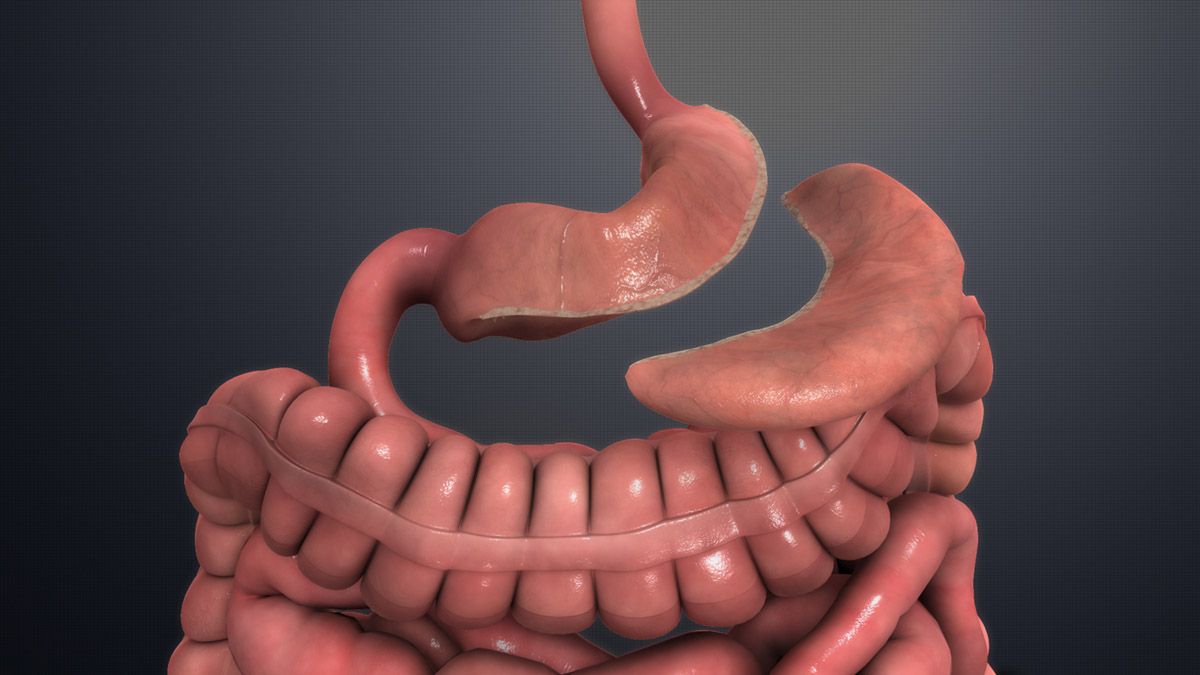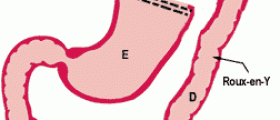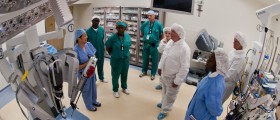
General Info about Vertical Gastrectomy
Vertical gastrectomy is a type of bariatric surgery performed in obese people. The goal of the surgery is weight loss. This particular type of surgery can be an excellent choice for people with very high BMI (body mass index) as well as those with lower BMI but who cannot undergo other types of bariatric surgery due to different reasons.
The procedure is also known under the name vertical sleeve gastrectomy. It generally differs from other bariatric surgeries. There is no intestinal bypass hence vertical gastrectomy does not cause many of the side effects associated with other bariatric surgeries such as anemia, protein and vitamin deficiency etc. The very procedure leads to weight loss by restricting the amount of food and this is why it is a purely restrictive operation.
Vertical Gastric Surgery - the Procedure
The operation is performed under general anesthesia. This is laparoscopic surgery performed with the assistance of a tiny little camera and instruments that are inserted into the belly via small incisions. What follows is removal of the most of the stomach while remaining portions are joined together with staples. This way a stomach becomes reshaped and resembles a long vertical tube or becomes banana-shaped. There is no cutting or changing the sphincter muscles. The entire operation lasts from 30 to 60 minutes.
Purpose of the Surgery
In general weight loss surgery is an option for people who have not managed to lose weight through diet and exercise. Even though vertical sleeve surgery will lead to weight loss, patients are still obligated to continue with diet and exercise.
This type of surgery is suitable for people with BMI of 40 or more as well as people with BMI of 35 and more in case they are suffering from certain conditions such as type 2 diabetes and heart disease. Furthermore, the surgery is performed in people who are too heavy to undergo other types of weight loss surgery.What are Risks of Vertical Gastrectomy?
Firstly, some patients may be allergic to drugs used for anesthesia. As it is the case in any other extensive surgery there is a risk of blood clots in the legs that may travel to the lungs and cause pulmonary embolism. Infection, pneumonia, cystitis and infection of the kidneys are several more potential complications of the surgery.
The stomach, intestine or other abdominal organs can be injured during the procedure. There may also be leakage at the site of stapling. Scarring inside the belly can eventually cause intestinal obstruction. Some patients develop gastritis, suffer from heartburn and develop stomach ulcers. Poor nutrition occurs in fewer cases comparing to gastric bypass surgery. It is essential never to eat more than the stomach pouch can hold as it may lead to vomiting. And finally, since weight loss surgery can increase risk of gallstones patients may be recommended a cholecystectomy (surgical removal of the gallbladder) prior vertical gastrectomy.
















Your thoughts on this
Loading...